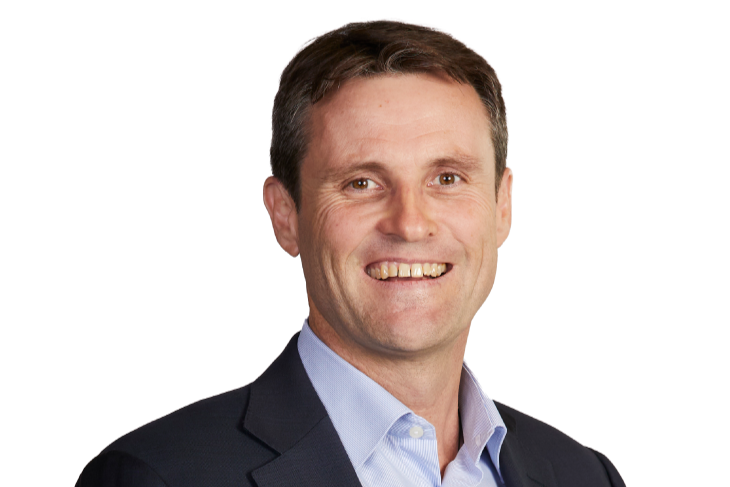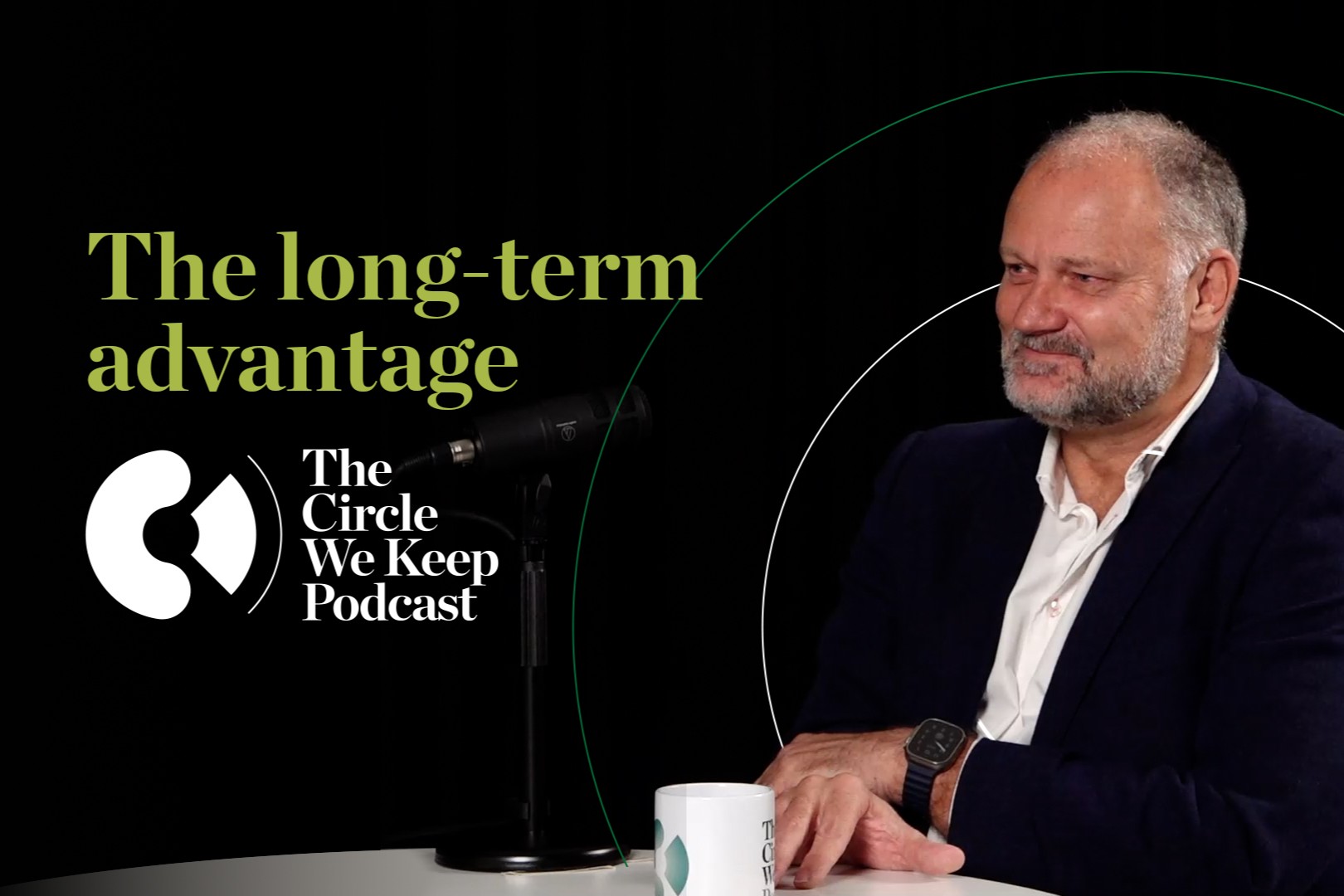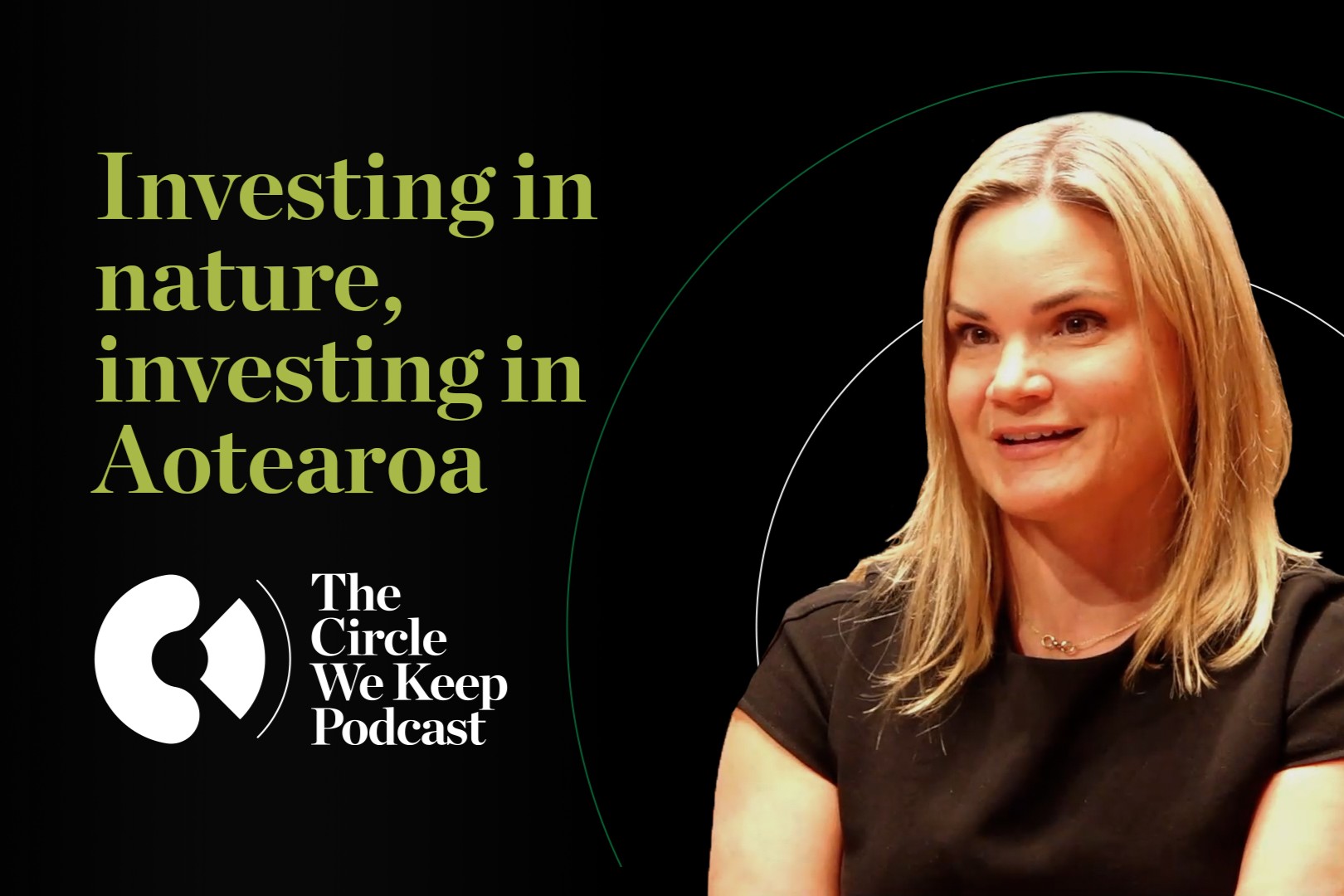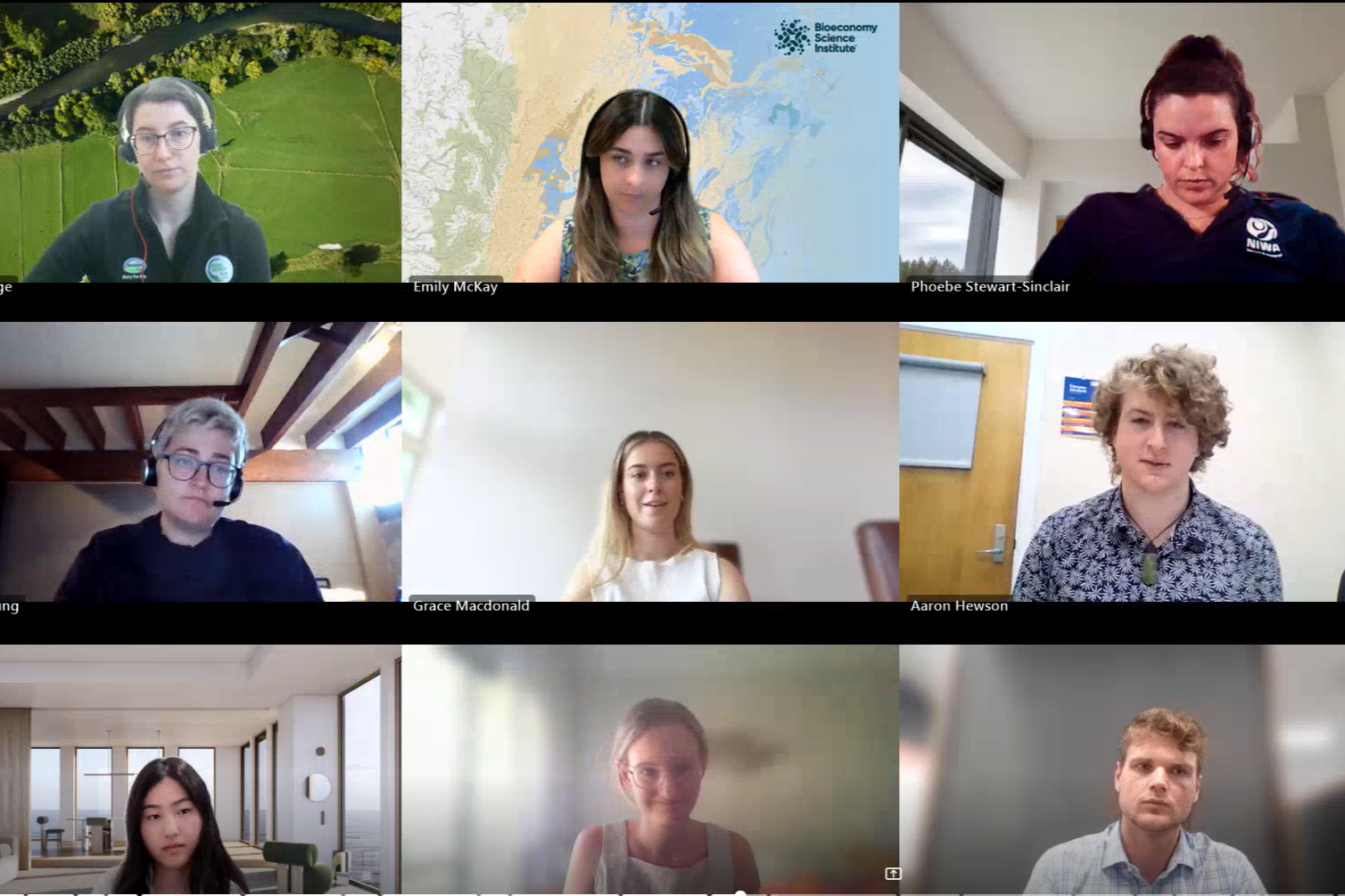By Dan Matheson, Chief Executive, Zespri
What is your personal WHY in relation to combating climate change and environmental challenges, and preserving Aotearoa’s natural capital?
I grew up on the North Shore which really helped develop a sense of what a special place New Zealand is. It’s only 10 minutes from our biggest city but has such a beautiful natural environment – the ocean, the harbour, the local beaches, the flora and fauna you see throughout the bush, and local islands like Great Barrier and Rangitoto. It’s something I think a lot of us tend to feel when we’re away from New Zealand – this innate appreciation for the environment we have here, and how we must protect it for our children and all the generations to come.
That’s been magnified working in horticulture. You’re surrounded by people with a deep respect for the critical role the environment plays in producing healthy, great-tasting fruit that’s in demand across the world. Some of our growers’ orchards have been in operation across multiple generations and you can see the care that they put it into their land so their orchard can continue to operate for many years after they step away.
We only have to look at the last couple of years to see the impact climate change is already having on our industry along with many others. It’s also coming through strongly in consumer preferences – people are no longer just purchasing a product, they’re looking at how it’s produced and the impact it’s having on the land. We’re already well placed, but we need to make sure we’re doing everything we can to adapt to the changing conditions and reducing our impacts so we can keep returning value to our growers and our communities in the future.
What is the work being done by Zespri to reduce emissions and preserve Aotearoa’s natural capital?
As an exporter supplying fruit to more than 50 markets around the world, reducing our shipping emissions is a big area of focus for us. We’ve got some important projects underway on this already, including working with one of our largest shipping partners to consider the changes in fuel types and shipping infrastructure that will help us decarbonise. We can’t do this alone, so we’re looking to work with the export sector to advocate for the regulatory and infrastructure changes we need and to build the demand that’s essential to making this happen. We’ve also launched a carbon neutral trial that’s a collaborative effort with our growers, industry and distribution partners to consider how we can expedite our efforts to reduce emissions throughout the global supply chain. We’re doing this partly because our largest customers are increasingly asking for help with supply chain emissions reductions too.
Sitting behind those projects is the work we have done to understand the physical and transitional risks and opportunities associated with climate change. Our industry climate change adaptation plan has been really valuable in identifying what we’re already doing to enable our industry to thrive despite the changes in weather patterns. We know that working with others will be critical in further building our resilience and that’s evident in the work we’re undertaking with the Kiwfruit Breeding Centre, our joint venture with Plant and Food Research, so that we’re able to grow and breed for the climate conditions we expect in the future.
Our emissions at Zespri are comparatively small to those within the full supply chain. That’s why it’s important for us to provide the tools and know-how for our supply chain partners to be able to act to reduce their cost exposure to carbon pricing so we can continue to meet increasing market access expectations, particularly in Europe.
What role does impact investment and social procurement have when it comes to achieving our goals?
It can have a huge impact. We’re already seeing it with the rise of the mindful consumer and the focus companies are putting on making sure they’re operating in the right way.
I think we align well with social procurement. Our purpose at Zespri is to help people, communities and the environment thrive through the goodness of kiwifruit. It reflects the nutritional elements of the fruit we produce but also the way in which we tend to operate – the partnerships we form, the positive contributions we’re making to our communities and the care we have for the environment. But there’s a lot of work to be done. Nutrition is a big one – there’s plenty of research out there showing the gap between people who recognise the importance of living a healthy lifestyle and making great eating choices and those who actually are embracing it. We think we’ve got a big role to play in this space – providing a food source that’s good for you, that tastes great, is convenient and that is good for the environment.
But there’s a lot to solve. We want to do more, and to go faster, which is why we’ve recently launched our Innovation Fund – ZAG. This is a US$2M fund to explore potential partnerships with innovation partners who perhaps haven’t worked in the kiwifruit industry before but who have some great solutions to address some of the key challenges we face. We’ll be looking at projects that are good for fruit, particularly around quality and productivity, good for people in promoting kiwifruit’s role in wellbeing, good for communities in enhancing the lives of growers and those working in the industry and good for the environment by helping protect and restore nature.
What are your goals for the rest of the year to keep progressing this mahi?
We’ve had a really challenging couple of seasons so it’s nice to end this year feeling like we’re coming through the back end of some pretty strong headwinds. Climate events impacted our fruit volume this season but the fruit we have had has been better quality and that’s allowed us to achieve strong pricing and return more value to our growers and the economy. However, we know the challenges will continue to come, and I think our ultimate goal is to try to innovate to build an ecosystem that can provide sustainable value to our growers and communities through providing a stable supply of great-tasting nutritious fruit that our customers and consumers love.
That’s going to require us to keep looking at how we’re growing given the volatility that a changing climate will inevitably bring. This will mean continuing to improve our systems and kiwifruit so we can protect and deliver quality and supply with what we hope will be larger and more resilient crops in the coming years. I’m really excited to see the sort of collaborative partnerships we can forge through the ZAG Innovation Fund and the sort of feedback we get from COP28 where we’ll have a presence for the first time to bring the voice of fresh produce to the discussion of climate and food systems change. We already get to work with very smart people within our industry so if we can encourage some innovative thinkers outside our orbit to join us, I think we’ll be in a really good position in the years ahead.








